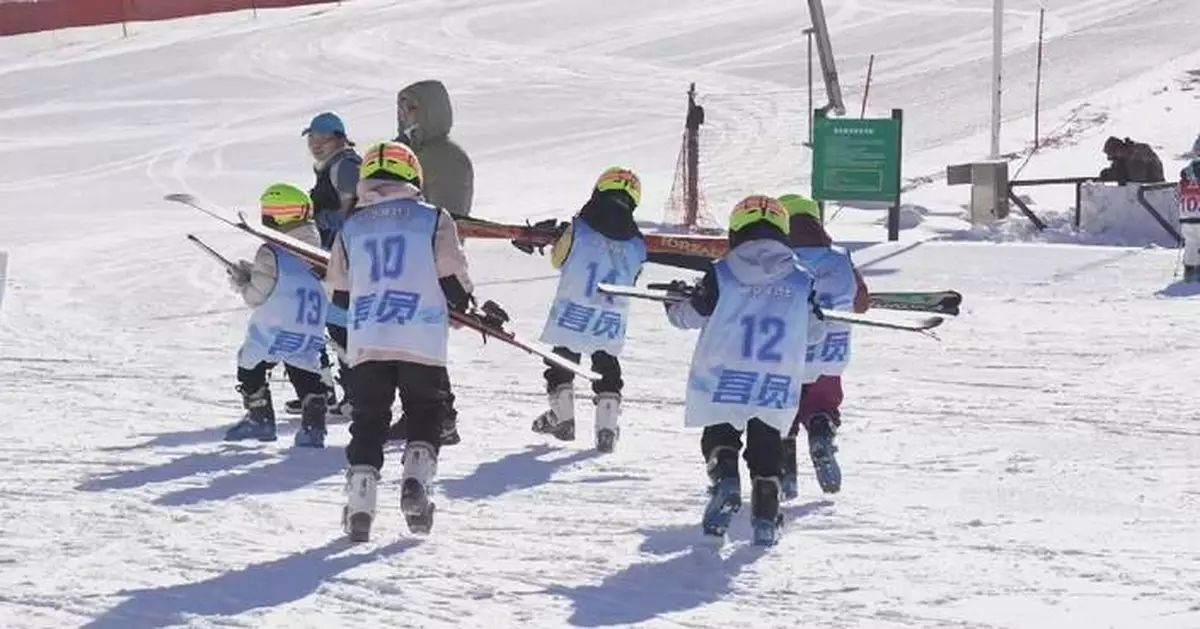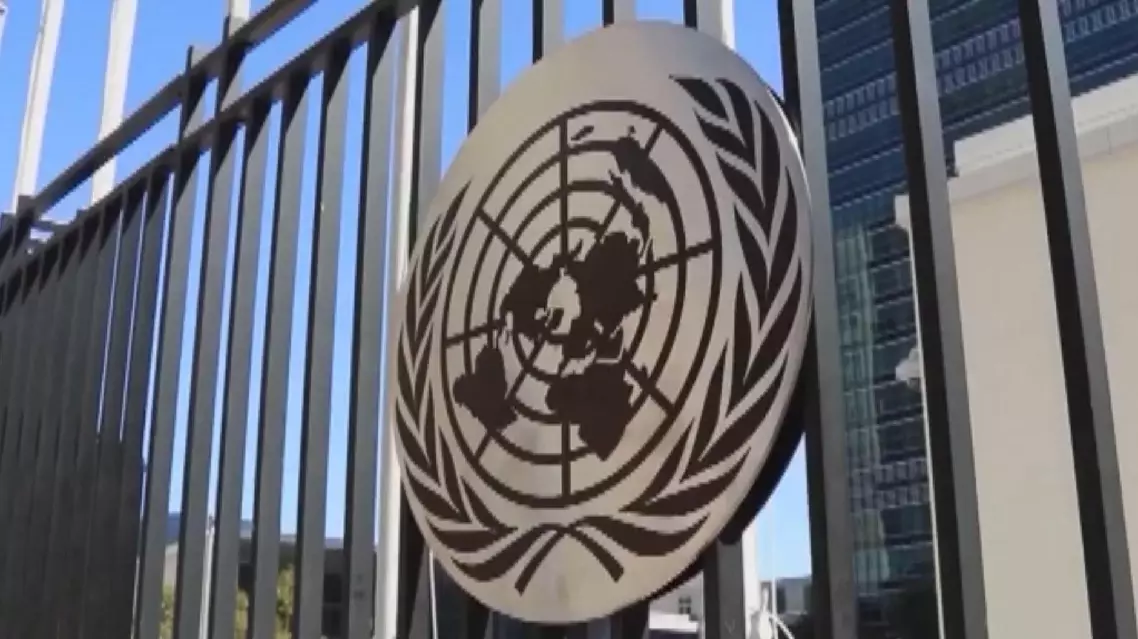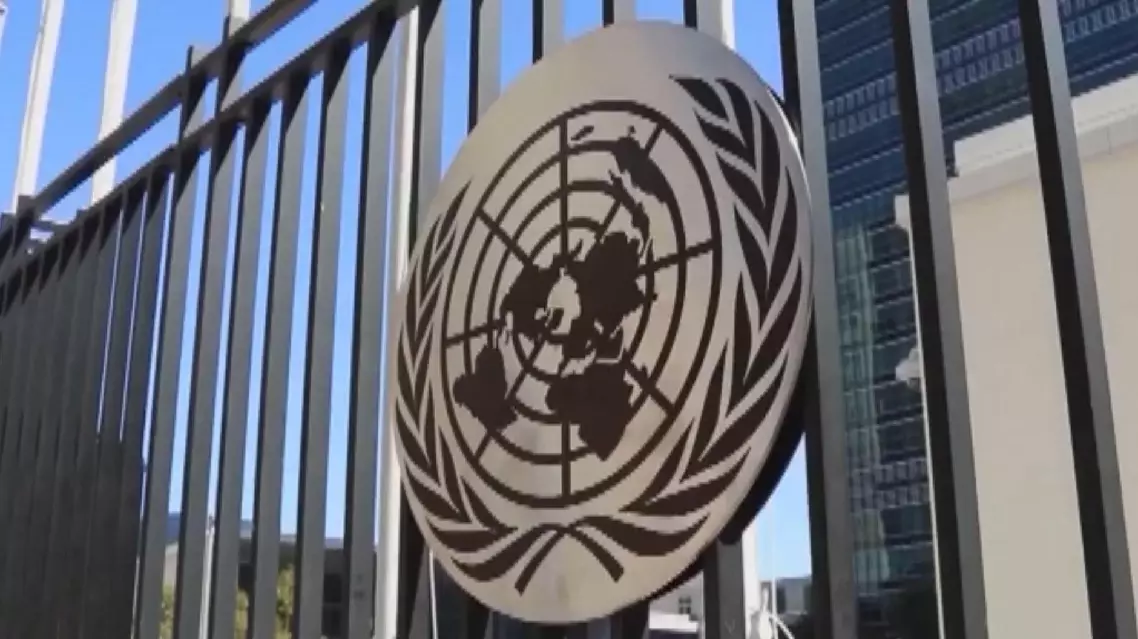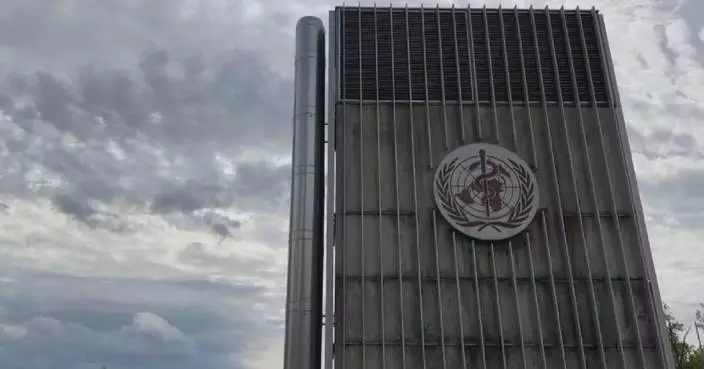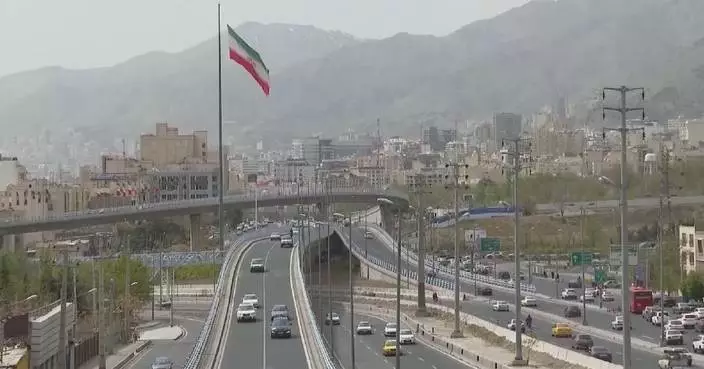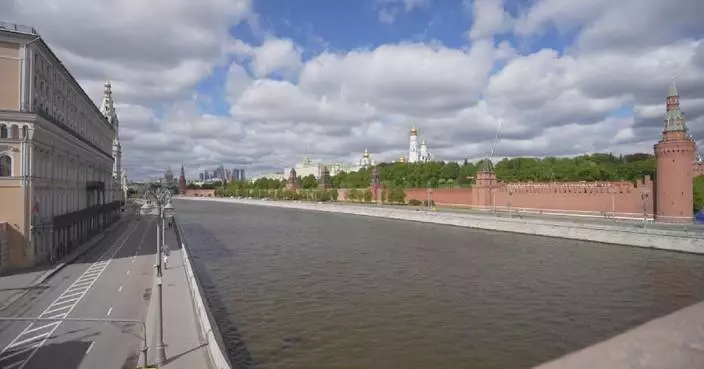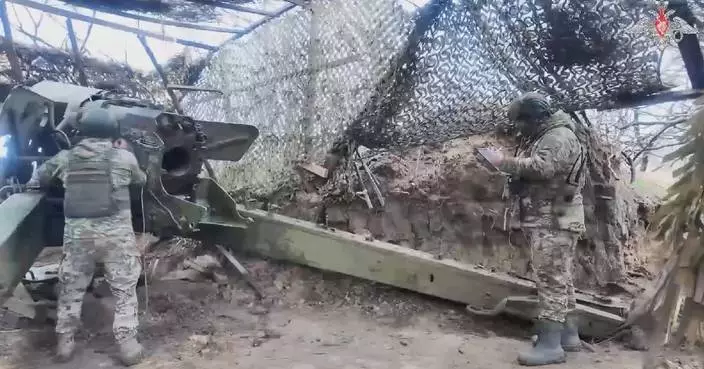Henan Province in central China has seen a growing popularity of ice and snow sports among sport lovers since the onset of this winter, with doubling growth of juvenile and adolescent practitioners, which also drive high the zeal and demand for professional tutorials and amateur training for school students.
A ski resort in Zhengzhou City, capital of Henan, has seen a steady increase in visitors since it opened in mid-December, with a notable presence of young visitors. The number of visitors has exceeded 1,000 per day, up 20 percent compared to the same period last year.
Besides outdoor winter sports, indoor activities are also popular with parents and their children. At an indoor rink in Zhengzhou, staff said that the growing demand for winter holiday skating classes has led them to add four to five more classes to accommodate more young learners.
"I'm really happy with skating. I've been learning figure skating for four months, and I think the movements are elegant," said young girl Luo Jiayi.
According to the staff at the rink, the indoor skating classes mainly focus on figure skating and ice hockey, with students typically aged between four and eight.
Feng Shengtao, a figure skating coach, said that in recent years, there has been a growing number of people participating in ice sports, and the learners are becoming more professional than before.
"Some parents hope their children become more professional, so they have coaches guide their children through the relevant grading exams. Others just want to give their children a chance to develop a hobby and stay active," said Feng.
Meanwhile, the massive participation in winter sports among the population have resulted in an upsurge in ski equipment sales in Henan.
In Zhengzhou, the selection of skiing and snowboarding gear has become more comprehensive and specialized, offering various options for snow sport enthusiasts, from beginners to professionals.
"Since the beginning of winter and with the opening of major ski resorts, our sales of outdoor sports equipment have risen by 25 percent compared to the same period last year. Ski and snowboard equipment, in particular, has seen a notable increase, with sales doubling compared to last month," said Sun Yishan, a sales clerk at an outdoor sports store.
Wu Fenglin, executive director of a Zhengzhou-based snow sports equipment manufacturer, said they can produce more than 300 snowboards per day.
The demand for snowboard from ski resorts in southern China is also steadily increasing, rising from 7,000 last year to over 10,000 this year, according to Wu.
"Currently, 40 percent of our products are exported, primarily to North America and some European countries. The remaining 60 percent are sold domestically, with large demand from China's northeast region, while demand from the southern region is also gradually growing," said Wu.
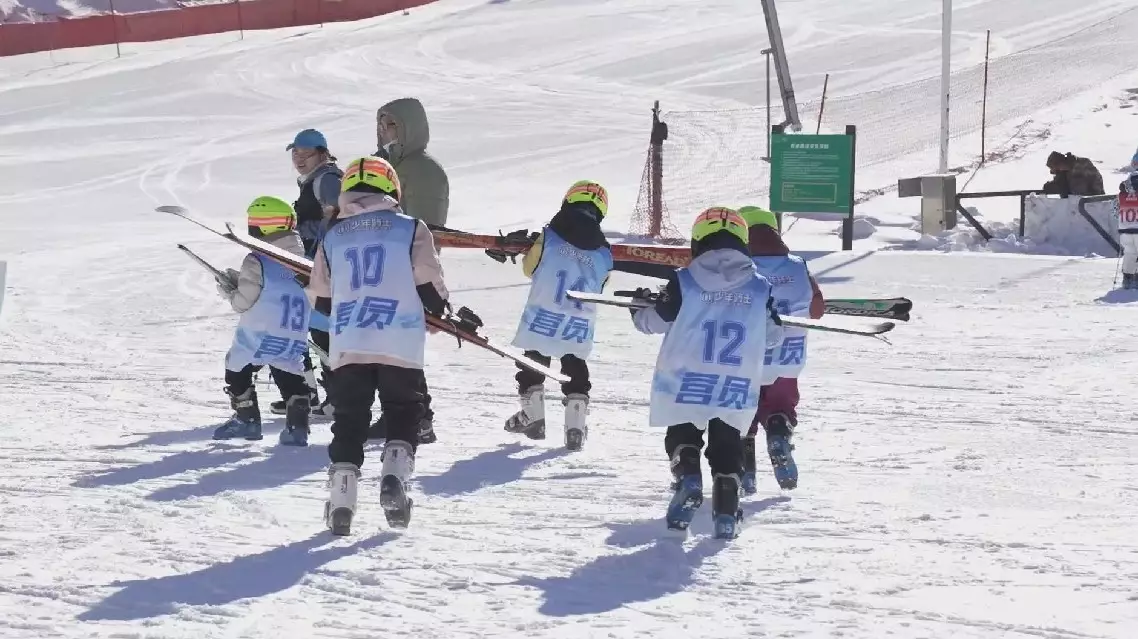
Henan sees growing zeal for winter sports with rising juvenile learners


